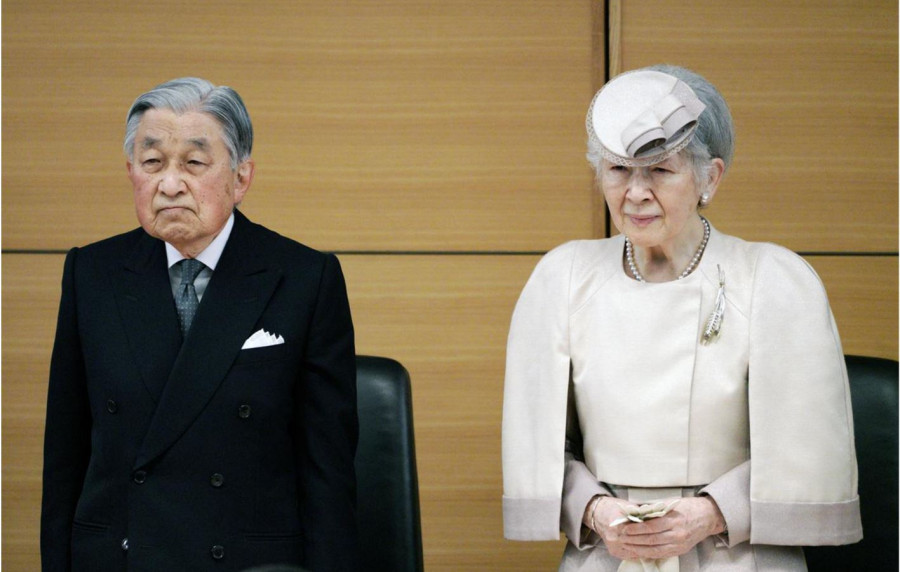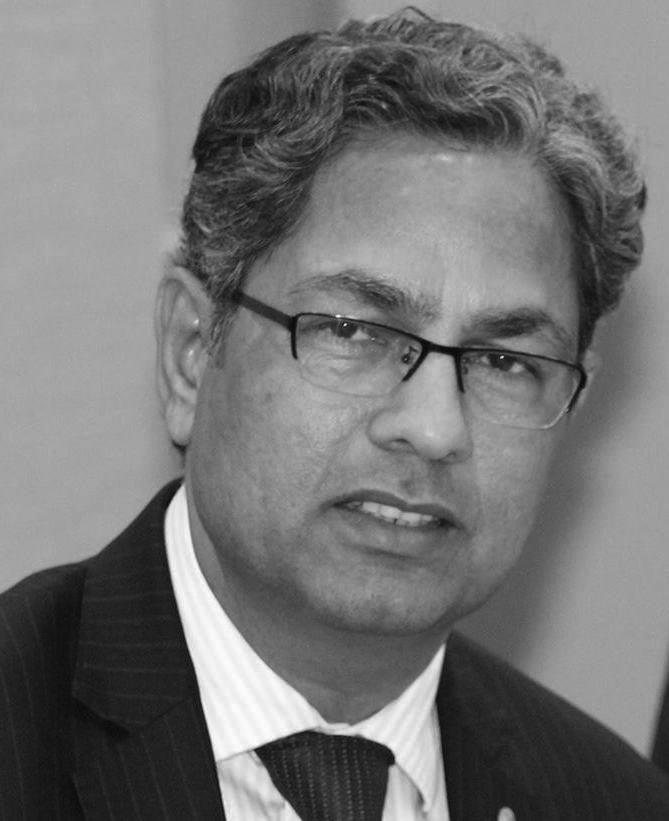Opinion
Monarchies: Step aside or keep in step with the times
Monarchs all over the world draw influence from their historical centrality to social and political rituals, as well as from their current wealth and social credibility.
Swaran Singh
As Nepal celebrates near 11 years of abolishing its 240-year-old monarchy—which also happened to be the last Hindu monarchy—the world's oldest monarchy in Japan is effecting a smooth transition. Japan's 125th emperor, Akihito, last month became the first Japanese monarch in over 200 years to voluntarily abdicate in favour of crown prince Naruhito. A precedent example was set much earlier in Bhutan. In December 2006, Bhutan's century-old monarchy underwent a planned succession with king Jigme Singye Wangchuck abdicating—at the young age of 51—in favour of a 26-year-old crown prince Jigme Khesar Namgyel Wangchuck. The young king had a two year probation, with his coronation taking place at an auspicious time in November 2008.
Contrary to such trends in Asia, the world's oldest and longest serving monarch, queen Elizabeth II—who was crowned at an early age of 25 following the sudden death of her father George VI in 1952—recently celebrated her 93rd birthday. And there are no talks of her ending her continuing reign of over 67 years. Elizabeth is the sovereign of the United kingdom, Australia, Canada and 15 other Commonwealth nations.
Monarchs all over the world draw influence from their historical centrality to social and political rituals, as well as from their current wealth and social credibility. Kings have been reinstated by democracies. A 1999 referendum in Australia rejected the abolition of the monarchy. A 1993 referendum saw the return of king Michael of Romania and Prince Alexander of Serbia, while Brazil rejected the restoration of monarchy. Kings have also contested elections. Simeon Saxe-Coburg-Gotha, the former king of Bulgaria who was removed in 1946 by a communist revolution, served as the elected prime minister from 2001 to 2005.
Those monarchs that took a backseat, allowing democratic leaders to hold real powers while exposing and educating their successors to the best of education have survived. Of the 27 monarchies remaining in the world, all except Oman, Saudi Arabia and Swaziland are constitutional monarchies. Of these, Saudi Arabia remains the most influential as well as most brutal in enforcing its will; the recent examples being assassinations of journalist Jamal Khashoggi in the Saudi Consulate in Istanbul followed by last month's public execution of 37 political prisoners in Riyadh. Such cases bring forth the question: Can monarchies afford disaffection of their masses?
Nepal's presents the most apt answer to this. Given their iconic status and high expectations, most monarchies have suffered disportionate hype about their palace intrigues. Gyanendra, the 12th king of the Shah Dynasty, was not only crowned in the backdrop of the rising Maoist revolution but in the midst of conspiracy theories. In 2001, his predecessor Birendra, along with Birendra’s entire family, was massacred by his own son.
Dipendra subsequently shot himself, and his actions destroyed the mystique surrounding the royal family.
In the case of India, post-independence efforts at unification of over five hundred princely states of varying stature and size was achieved using privy purses, where the state agreed to provide an annual fee to various kings, princes and other feudal lords for accepting merger with reconstituted federal provinces. In 1971, prime minister Indira Gandhi saw this as against the spirit of democracy and unilaterally abolished these privileges. Of course, several of these royal families had in the meantime joined active politics and continued to hold important positions in governance, military and bureaucracy.
With democracy being the most popular political system, most princes have to earn their place by leading from the front doing public service, showing leadership skills and capacity. This is because efforts to eliminate monarchies are as old as the monarchies themselves. Since ancient times, wars, revolutions, coups and legislative decrees have often resulted in the elimination of monarchies through deaths, abdication or abandonments. Athens had abolished hereditary monarchy in 753 BCE and the founding of Roman republic in the 6th century BCE was cited as justification for assassination of Julius Caesar in 44 BCE.
The abolishment of monarchies have, however, never meant an end to their privileges. Members of royal families often continue to be influential players in economic sectors, politics and society. Philosophers like Antonio Gramsci and Harold Lasswell have respectively talked of 'hegemony by consent' and 'psychopathology of politics' where deprived childhood leads to authoritarian impulses. Democracies remain equally vulnerable to manipulations: both from inside and outside. Even in democracies, a sense of entitlement often makes elected leaders authoritarian megalomaniacs and dictators for life, thus replicating the much maligned monarchies.
Singh is a professor at Jawaharlal Nehru University, New Delhi.




 9.6°C Kathmandu
9.6°C Kathmandu










